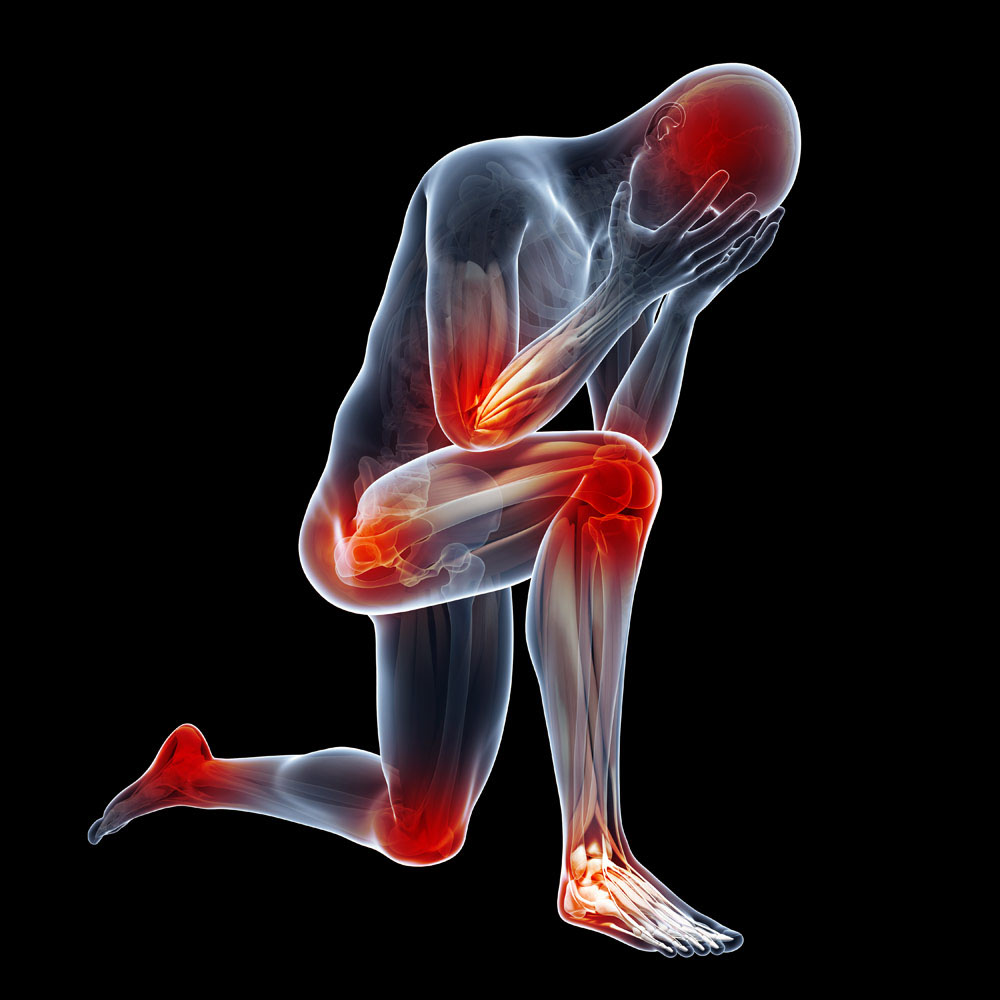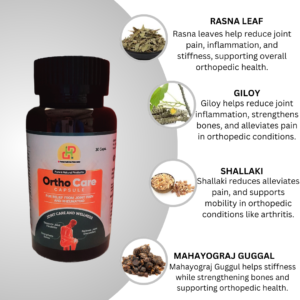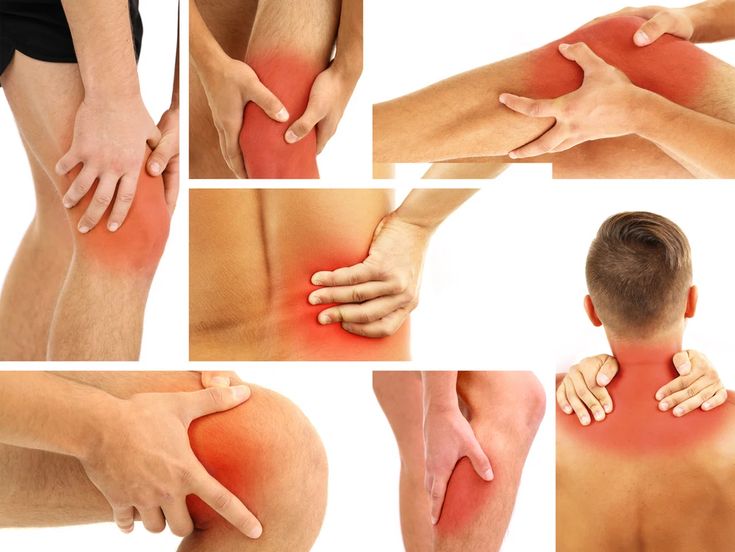Ayurvedic Medicine For Joint Pain Numerous methods for treating joint pain are available in Ayurvedic medicine, which emphasizes balancing the body’s energies (doshas) and enhancing general health.
Table of Contents
Here are a few Ayurvedic medicines for Joint Pain treatments and habits that are frequently advised:

Herbal Treatments
- Turmeric (Curcuma longa): This spice has an anti-inflammatory compound called curcumin. It can be consumed as a supplement or combined with heated milk.
- Zingiber officinale (ginger): Reduces inflammation. Supplements including ginger or fresh ginger tea may be helpful.
- **Withania somnifera, or ashwagandha): Often used to lower inflammation and stress. accessible as capsules or powder.
- Boswellia (Boswellia serrata): Often used as a supplement, this herb is well-known for its anti-inflammatory qualities.
Pastes and Oils
- Mahanarayana Oil: An age-old massage oil used to increase the range of motion and reduce discomfort.
- Eucalyptus Oil: This oil can be applied topically to relieve pain by mixing it with a carrier oil.
Dietary Guidelines
- Warm Foods: Include foods that are warm and easily absorbed.
Avoid Cold Foods: Reduce your consumption of heavy, cold foods since these may exacerbate joint pain (Ayurvedic Medicine For Joint Pain).

Lifestyle Habits
- Yoga: Mild yoga helps increase strength and flexibility. Certain poses, such as Supta Baddha Konasana (Reclining Bound Angle Pose) and Trikonasana (Triangle Pose), may be helpful.
- Pranayama and meditation: Stress-reduction methods can help control how much pain is felt.
- Hydration: To promote joint lubrication, sip on lots of warm water or herbal teas.
Certainly! Additional Ayurvedic Medicine For Joint Pain methods and remedies for joint pain include the following:
Extra Herbal Treatments
- Guggulu (Commiphora mukul): This resin is well-known for its analgesic and anxiolytic effects. It is frequently included in rheumatoid arthritis formulations and can support joint health.
- Shallaki (Boswellia serrata): Boswellia is also known by this name, and Ayurvedic medicines for joint pain and inflammation frequently contain this plant.
- Nirgundi (Vitex negundo): Traditionally used as an aphrodisiac, this herb can be ingested as an oil, paste, or tea.
- Devil’s Claw (Harpagophytum procumbens): This plant is useful in the management of pain because of its anti-inflammatory qualities (Ayurvedic Medicine For Joint Pain).
Compounds
- Rasna Saptakadi Kashayam: A herbal infusion that has been utilized for stiffness and discomfort in the joints for ages.
- Kaishore Guggulu: A well-liked concoction that aids in the body’s detoxification and the alleviation of joint pain.
- Panchakarma: A detoxifying treatment that may incorporate pain-relieving techniques like Swedana (sudation) and Abhyanga (oil massage).

A Diet for Healthy Joints
- Boost Omega-3 Fatty Acids: Nuts and flaxseeds can aid in the reduction of inflammation.
Bone Broth: Packed with collagen, this dish promotes joint health and has a calming effect (Ayurvedic Medicine For Joint Pain).
- Anti-Inflammatory Foods: Consume items such as almonds, berries, and leafy greens.
Way of Life and DIY Fixes
- Warm Compresses: Hot packs or warm compresses can be used to relieve joint pain.
- Epsom Salt Baths: Immersion in warm water infused with Epsom salts can alleviate aches and minimize swelling.
- Adequate Sleep: Ensure you get enough sleep to help your body repair.
Herbal Medicines
- Kati Basti: Helpful for lumbar discomfort, this is a targeted treatment in which warm oil is applied to the lower back.
- Pizhichil: A curative oil bath that could aid in restoring muscles and joints.
- Shirodhara: This treatment can improve general well-being, which indirectly benefits joint health, even though its main purpose is stress alleviation.
Frequent Workout
Please participate in low-impact workouts like walking, cycling, or swimming to keep your joints strong and flexible without overtaxing them (Ayurvedic Medicine For Joint Pain).
Mind-Body Methodologies
Mindfulness and meditation: By lowering stress and strengthening coping skills, regular practice can aid in the management of chronic pain.
- Pranayama (Breathing Exercises): Breathing exercises such as Anulom Vilom and Ujjayi help improve general energy and oxygen flow.
Discussion and Observation
To ensure that remedies are suited for your particular ailment, always seek the advice of a certified Ayurvedic Medicine For Joint Pain practitioner. Based on progress, regular follow-ups might assist in modifying therapies.
Through the integration of various holistic techniques, a comprehensive plan for the effective management of joint pain can be created.

You may be interested in…
Your cart is currently empty!
New in store
-
Product on sale
 PHC Ortho CareOriginal price was: ₹599.00.₹499.00Current price is: ₹499.00.
PHC Ortho CareOriginal price was: ₹599.00.₹499.00Current price is: ₹499.00.


